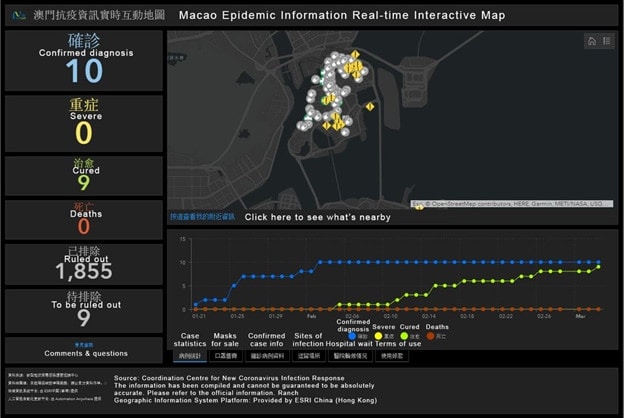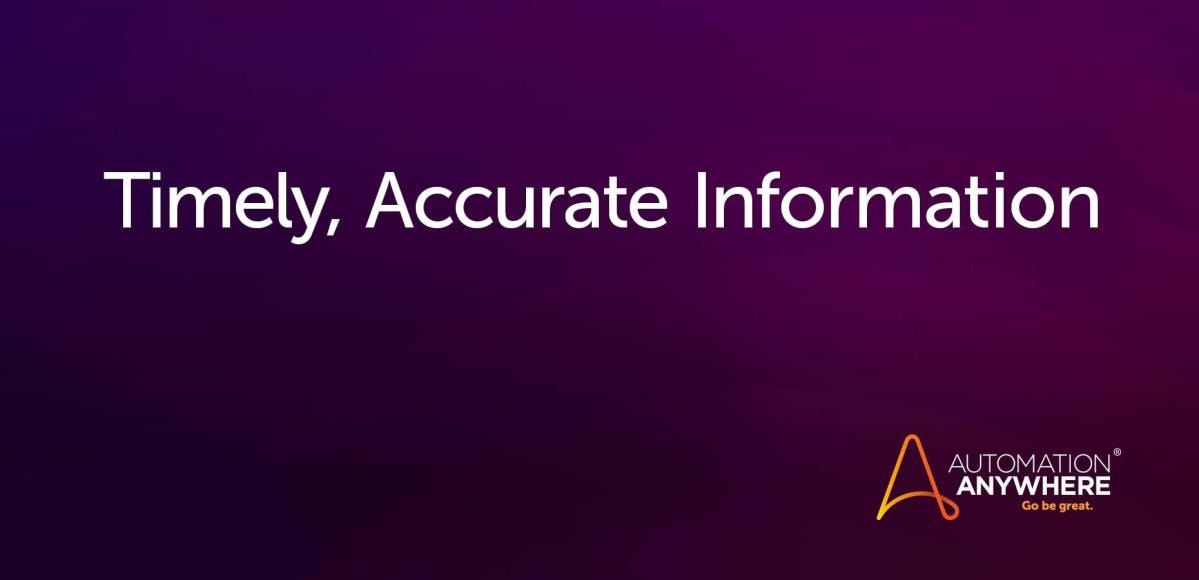- Login
- Search
- Contact Us
-
Have a question? Our team is here to help guide you on your automation journey.
-
Explore support plans designed to match your business requirements.
-
How can we help you?
-
- AI
AI Without the Hype From pilot to full deployment, our experts partner with you to ensure real, repeatable results. Get Started
- Automation Anywhere AI
-
- Solutions
Featured Agentic Solutions
Accounts Payable Invoice automation—No setup. No code. Just results. Accounts Payable
Customer Onboarding Scale KYC/AML workflows. Customer Onboarding
Customer Support Keep queues moving, even at peak load. Customer Support
Healthcare RCM Revenue cycle management that runs itself. Healthcare RCM
- Products
Platform Features
- Agentic process automation (APA)
- Robotic Process Automation (RPA)
- View all Products
-
- Resources
Get Community Edition: Start automating instantly with FREE access to full-featured automation with Cloud Community Edition.
Featured
 Named a 2025 Gartner® Magic Quadrant™ Leader for RPA.Recognized as a Leader for the Seventh Year in a Row Download report Download report
Named a 2025 Gartner® Magic Quadrant™ Leader for RPA.Recognized as a Leader for the Seventh Year in a Row Download report Download report- Become an Expert
- Developer Tools
- Get Support
- View all resources
-
- Partners
Find an Automation Anywhere Partner Explore our global network of trusted partners to support your Automation journey Find a Partner Find a Partner
- Find a Partner
- For Partners
-
Blog
COVID-19 Update: Automation Keeps the Public Informed
Share this:
Knowledge is power. That’s why communication and collaboration through information sharing are critical in the fight against the coronavirus (COVID-19) — and can help “flatten the curve” of rising cases. When COVID-19 struck densely populated Macao, China, one company took quick action to keep local citizens informed.
Located 581 miles south of Wuhan, China, Macao is a coastal resort city and a mecca for gambling tourism. With a population of nearly 650,000 and an area of approximately 12 square miles, Macao is one of the most densely populated region in the world — a growing worry as the pandemic began to broaden.
The Macao government instituted aggressive measures to prevent a widespread outbreak, including medical border checks and travel restrictions, taking detailed travel histories, conducting temperature scans, and imposing a quarantine. A case of COVID-19 in a casino, for instance, shut down that facility for 14 days. These strong public health measures helped reduce panic.
The need for immediate, centralized information
However, an information-sharing problem arose. Government agencies, healthcare organizations, hospitals, and retailers were constantly updating their websites with new information, but these updates only related to their own areas of concern.
Citizens who wanted timely information had to access multiple websites and social media on a piecemeal, word-of-mouth basis to try to find what they needed. A popular search, for example, was for the current availability and prices of surgical masks and hand sanitizers at various stores, many of which were out of stock.
Addressing the communication issue in real time
NetCraft Information Technology, a leading systems integrator and an Automation Anywhere partner, wanted to ease this hardship for the public. So, it conceived the idea of building a free community service website that would use unattended Robotic Process Automation (RPA) bots to aggregate and continually update the newest information from five key data sources. This would let citizens find all the latest information they needed in one convenient place.
Incredibly, time from idea to production was a mere five days. The Macao Epidemic Information Real-time Interactive Map launched on Monday, Feb. 24, with a GPS-enabled map and dashboard showing current local COVID-19 statistics, locations where infections had occurred, hospital wait times, local availability of masks, bank status, and other useful information (see Figure 1). Bots updated the information every five to 15 minutes, depending on the source. 
The new service was promoted virally on LinkedIn, Facebook, WeChat, and other social media platforms. And the results were astounding. Within five days of launch, NetCraft’s new site had received 50,000 views.
Improving public understanding
During a public health crisis, RPA can augment healthcare worker capacity, reduce the need for face-to-face interaction (important with epidemics), and predict trends based on real-time data.
The rapid-response technology in Macao helped target two of the most critical public needs in a fast-changing epidemic scenario: timely, continuous, accurate data updates and the presentation of aggregate data in an actionable format. Such a service can improve public understanding and cooperation.
As the world hunkers down to control and contain the spread of COVID-19, public health and healthcare system resources will be strained to the limit. In the U.S., the fear of an unprecedented upsurge in the number of ill patients requiring medical services — coupled with disruptions in the supply of medicines, personal protective equipment, and hospital consumables from overseas — has led many municipalities to close schools and offices, ban large group meetings, and urge seniors (the highest-risk group) to self-isolate.
In these extreme times, we must work together for the common good. The success of the Macao project confirms that communication and collaboration through information exchange are in critical demand.
Discover more ways technology can improve healthcare.
About Automation Anywhere Staff
Get to know the Agentic Process Automation System.

For Students & Developers
Start automating instantly with FREE access to full-featured automation with Cloud Community Edition.



